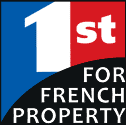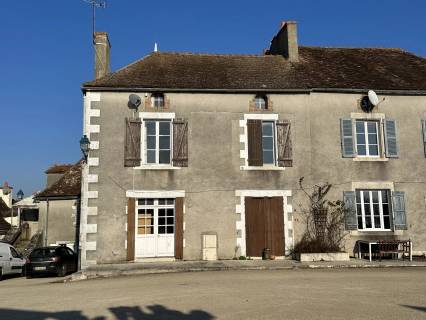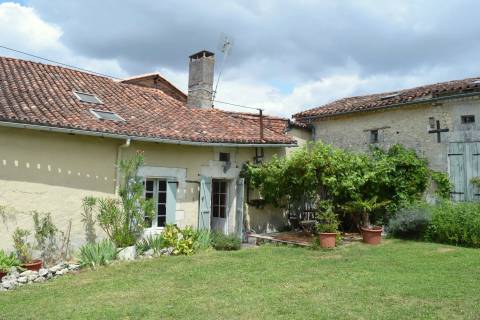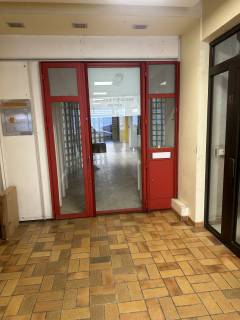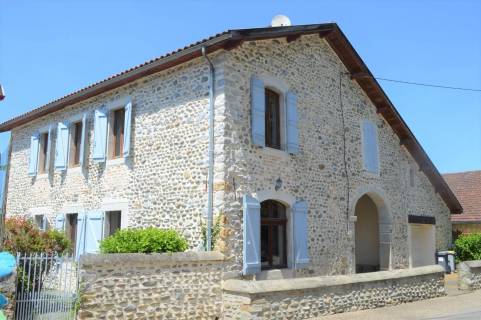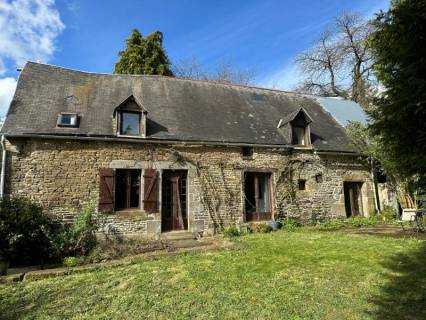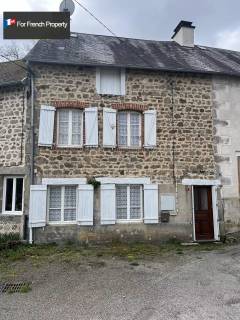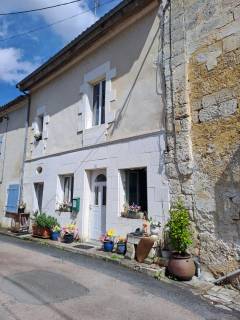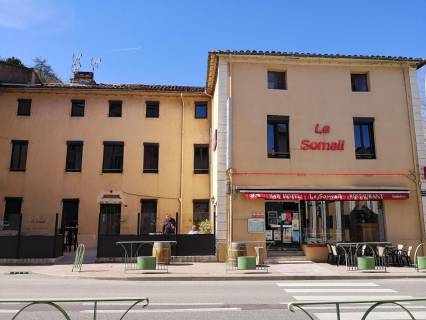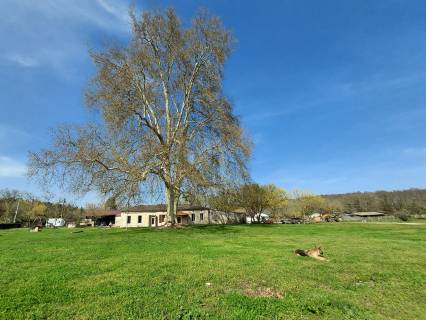Jan 312018

Are you thinking about setting up your own business in France? If you fear the process will be bureaucratic and daunting, don’t worry. According to a 2013 Ernst & Young report, it’s easier to start up a business in France than it is in most other G20 countries: it’s cheaper, quicker and there are fewer steps to take. In fact, all the procedures required to set up a small to medium-sized business can be accomplished in as little as four to five days.
This article offers an overview of the different types of company there are in France, focusing on the choices available for sole traders. Please note, this is a general overview only – do seek professional advice from an accountant or financial expert if you decide to set up your own business in France.
View our Gites for sale in France
View our Business properties for sale in France
Overview
To start a business in France you’ll need either a residence permit, or to be an EU citizen. If you intend to carry out a regulated trade or profession, such as hairdressing or building, you must be qualified in the eyes of the French state, which may mean additional training will be needed – no matter how experienced you are – to comply.
There are several different types of businesses in France:
- EI – Entreprise Individuel – Sole trader
- EIRL – Entreprise Individuelle à Responsabilité Limitée – Entrepreneur of Individual Limited Liability
- EURL – Entreprise Unipersonelle à Responsibilité Limitée – a limited liability single shareholder company with a gérant (managing director/company secretary) who may or may not be the owner of the business and salaried/non-salaried
- SARL – Société à Responsabilité Limitée – similar to a Limited or LLC company, which has at least one shareholder and one director
- SA – Société Anonyme – larger sized company, and relatively easy to upgrade from a SARL; minimum of seven shareholders to an unlimited maximum
- SAS – Societé Par Actions Simplifieé – Simplified Stock Company for a joint venture between a French company and a foreign partner
- Branch – An extension of a foreign company in France
The CFE
Regardless of business type, you will need to register it through the CFE, or Centre de Formalités des Entreprises. This is the organisation that receives and processes business registration application forms, and then handles any changes to a business, or its closure.
In addition, specific types of businesses will need to be registered with the following associations:
- Chambre de Commerce et d’Industrie (CCI) – Commercial or industrial, such as running a shop, café or factory
- Chambre de Métiers et de l’Artisanat (CMA) – for ‘artisan’ builders, manual jobs and some manufacturing
- Les Greffes des Tribunaux de Commerce – for regulated professionals, independent or freelance, who provide services such as dentist, writer, interpreter or musician
- URSSAF – for intellectual services such as translators or website designers
SIREN, SIRET and APE Numbers
The SIREN number is the business identification number used by all French administrative offices, made up of three groups of three digits. It is issued by INSEE, The National Institute of Statistics and Economic Studies.
The SIRET number has 14 digits – the SIREN and a five digit NIC code. This is the establishment identifier, referring to each business location, so that the same company can have several SIRETs. This number is quoted in dealings with local social services, tax offices and ASSEDIC (state unemployment).
The APE (Activité Principale de l’Entreprise) or NAF code identifies the main activity of the business. Each business in France is categorized using these codes, which consist of four digits and a letter.
Sole Traders – EI and EIRL
There is a choice of two types of business for the sole trader, the simplest of which is the EI, or Entreprise Individuelle, which has its own simplified tax system, the Micro-Enterprise, formerly known as Auto-entrepreneur.
EI – Entreprise Individuelle
 This is the business structure for freelancers, contractors, sole traders and self-employed persons, both with and without employees. It can be used to operate as a self-employed person in activities that include:
This is the business structure for freelancers, contractors, sole traders and self-employed persons, both with and without employees. It can be used to operate as a self-employed person in activities that include:
- The professions (profession liberale) such as architect, consultant, lawyer, or medical practitioner
- Commercial or industrial activity, such as owning a shop or factory
- The trades (artisan) such as roofer, baker, builder
- Sales
- Agriculture
A spouse or registered partner may help with the business on a regular basis, but should be declared to the CFE where they will be assigned the role of collaborator (collaborateur), employee (salarié) or associate (associé).
Start-up costs for an EI are low and the process takes relatively little time. In this business structure the operator and their business are one – there is unlimited liability, and the operator is personally liable for any company debts, as is their spouse. It is possible to isolate and protect the principle residence by making a declaration with a notaire.
The business can be named after the individual themselves, or can be given a company or trade name.
The business can be created online, or documents can be submitted to a local CFE office. They include the following:
- Application for registration form (demande d’immatriculation).
- Proof of address (recent utilities bill or rental contract)
- Proof of identity (passport, carte de séjour)
- If the activity is regulated, then proof of compliance to training standards is required
- If married under the regime “in community of property” the spouse must provide written proof that they have been told and understand the consequences of debt
The CFE will issue a receipt (récépissé de dépôt de dossier de création d’entreprise) stating that the business is in the process of registration (en attente d’immatriculation). This allows the sole trader to apply for any necessary services, such as electricity or phone.
An EI does not need to submit annual books for audit (although it may be checked at any time by tax authorities). There are certain annual tax obligations, which vary depending on circumstances, and the tax regime that applies.
Tax is paid through the personal income tax return in the category for the business: industrial and commercial profits (BIC) for traders and artisans, or Non Commercial Benefits (BNC) for independent professionals.
Micro-Enterprise – The Simplified Tax System for the Entreprise Individuelle
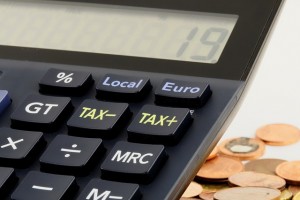 In 2015 the Micro-enterprise was created, merging the old auto-entrepreneur and micro-enterprise systems. With its simplified process of registering and running the business, this is suitable for a sole trader (as opposed to a limited company) who is either re-selling goods or materials or offering services.
In 2015 the Micro-enterprise was created, merging the old auto-entrepreneur and micro-enterprise systems. With its simplified process of registering and running the business, this is suitable for a sole trader (as opposed to a limited company) who is either re-selling goods or materials or offering services.
The Micro-enterprise has simplified tax and accounting requirements, and taxes and social charges are paid online. This is a tax status, with the relevant legal structure being an Entreprise Individuelle (EI). It is divided into two tax regimes: the Micro-BIC or Micro-BNC.
At the time of writing, annual turnover must be less than:
- €82,800 for those re-selling goods or materials, as well as hotels and rural gîtes (Micro-BIC)
- €33,200 for those offering services (Micro-BIC)
- €33,200 for professionals (Micro-BNC)
If these thresholds are exceeded over a two-year period, the business will have to change to a standard business structure. Optional support is offered once 50% of the turnover ceiling is reached to advise whether to change to a different business structure.
Certain types of business are excluded from this status. They include estate agents, lawyers, finance companies and those who receive royalties, such as authors.
Tax returns must be filed by May/June each year, and are typically paid by September/October. New businesses are exempt from declaring tax for the first year, but these figures must be included in the declaration of the second year.
EIRL – Entreprise Individuelle à Responsabilité Limitée
In 2011 The French Government created this new status, aimed at granting sole traders a stronger degree of limited liability, without the need to set up a company. It allows them to allocate and declare a certain portion of their estate to their professional activity. In the case of insolvency or bankruptcy, creditors will be able to seize only this portion of the estate.
It requires a notaire to value any real estate business assets above €30,000, and register them with the land registry. The sole trader must submit annual accounts and notify any changes in personal assets each year.
With the EIRL status the sole-trader can choose to pay corporate tax, and it’s possible to trade both under a personal name or a company or trade name.
Liability and Insurance for Freelancers
Freelancers will need to make a Déclaration d’Insaisissabilité which protects their assets from being seized by creditors in case of financial difficulties. All businesses in France need to have liability insurance called Assurance Responsabilité Professionnelle. For those in the building trade there is Assurance Décennal , a ten-year warranty, and information about this insurance must be included in invoices.
